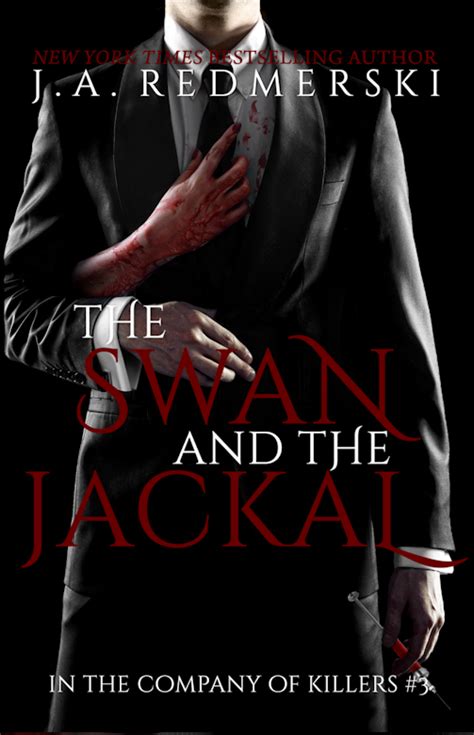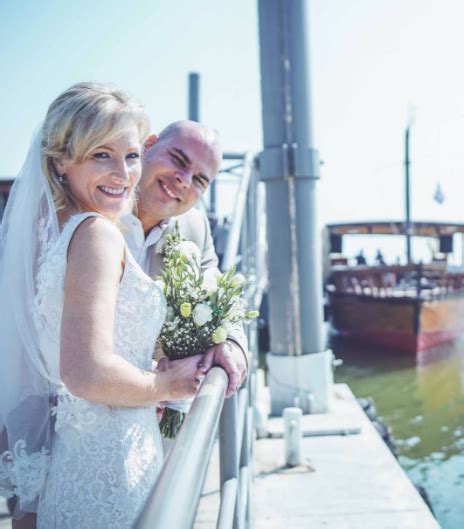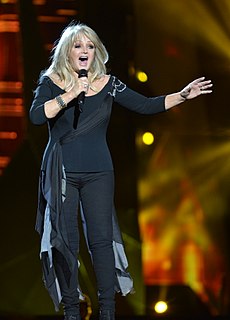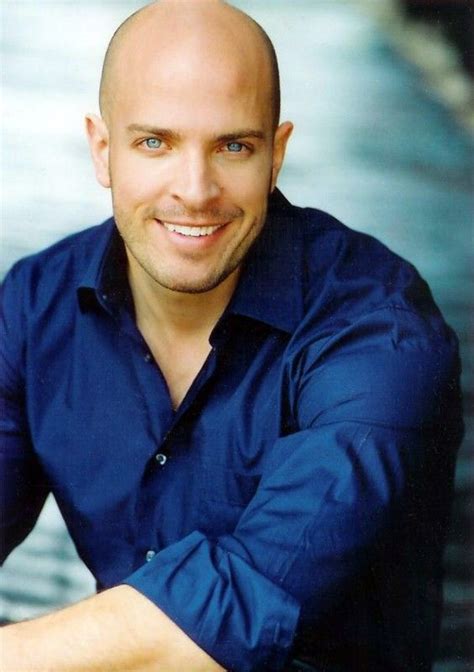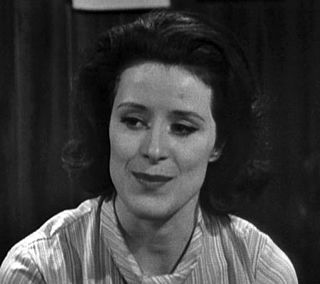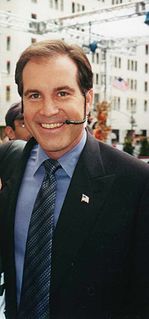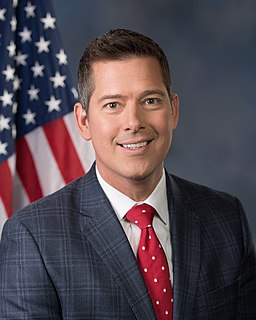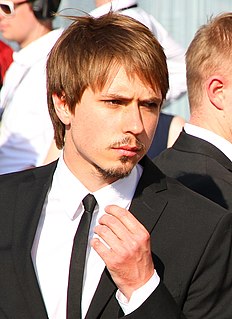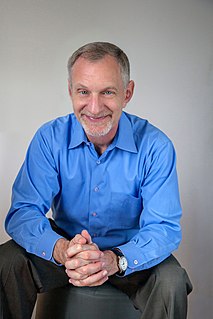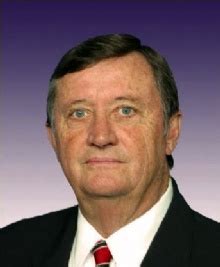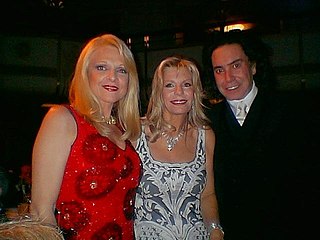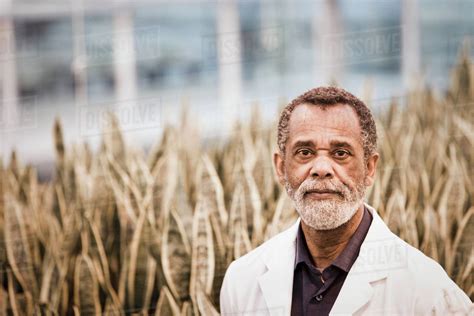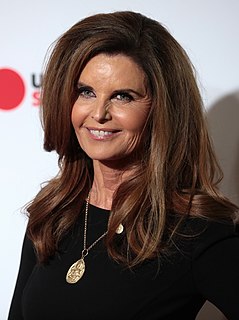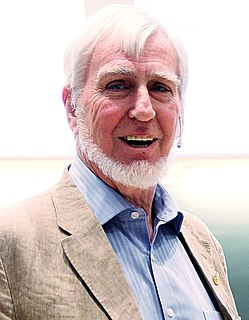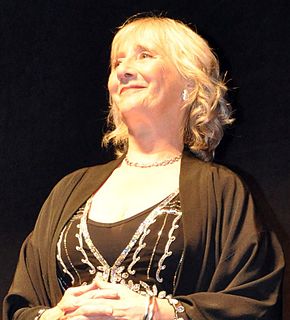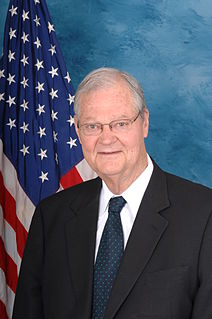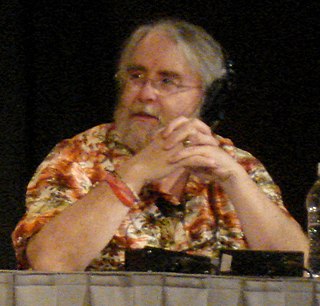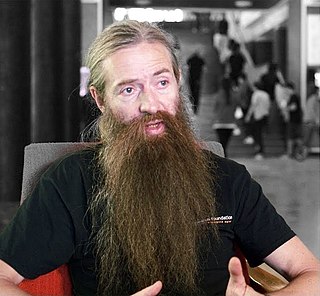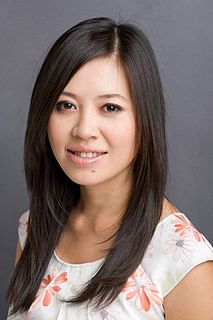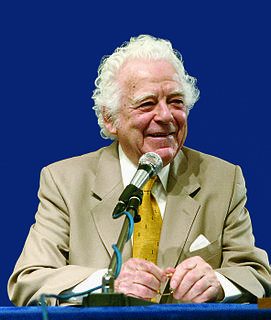Top 213 Alzheimer Quotes & Sayings - Page 3
Explore popular Alzheimer quotes.
Last updated on April 16, 2025.
Most innovations, unfortunately, actually increase the net costs of the healthcare system. There's a few, particularly having to do with chronic diseases, that are an exception. If you could cure Alzheimer's, if you could avoid diabetes - those are gigantic in terms of saving money. But the incentive regime doesn't favor them.
If out of concern over cloning, the U.S. Congress succeeds in criminalizing embryonic stem-cell research that might bring treatments for Alzheimer's disease or diabetes - and Dr. Fukuyama lent his name to a petition that supported such laws - there would be real victims: present and future sufferers of those diseases.
No matter who you are, what you've accomplished, what your financial situation is - when you're dealing with a parent with Alzheimer's, you yourself feel helpless. The parent can't work, can't live alone, and is totally dependent, like a toddler. As the disease unfolds, you don't know what to expect.
It turns out that this part of the brain is one of the first areas that's attacked by Alzheimer's disease. So we can now use some of the basic understanding of this part of the brain to ask the simple question, 'What is going wrong with these special cells in the hippocampus at the very earliest stages?'
You don't just wake up one day with dementia or Alzheimer's; these conditions are developmental. Even when a problem triggers the need to collect data, it's reviewed by a specialist and filed away. There's no central repository allowing information to be shared across a multitude of researchers worldwide.

